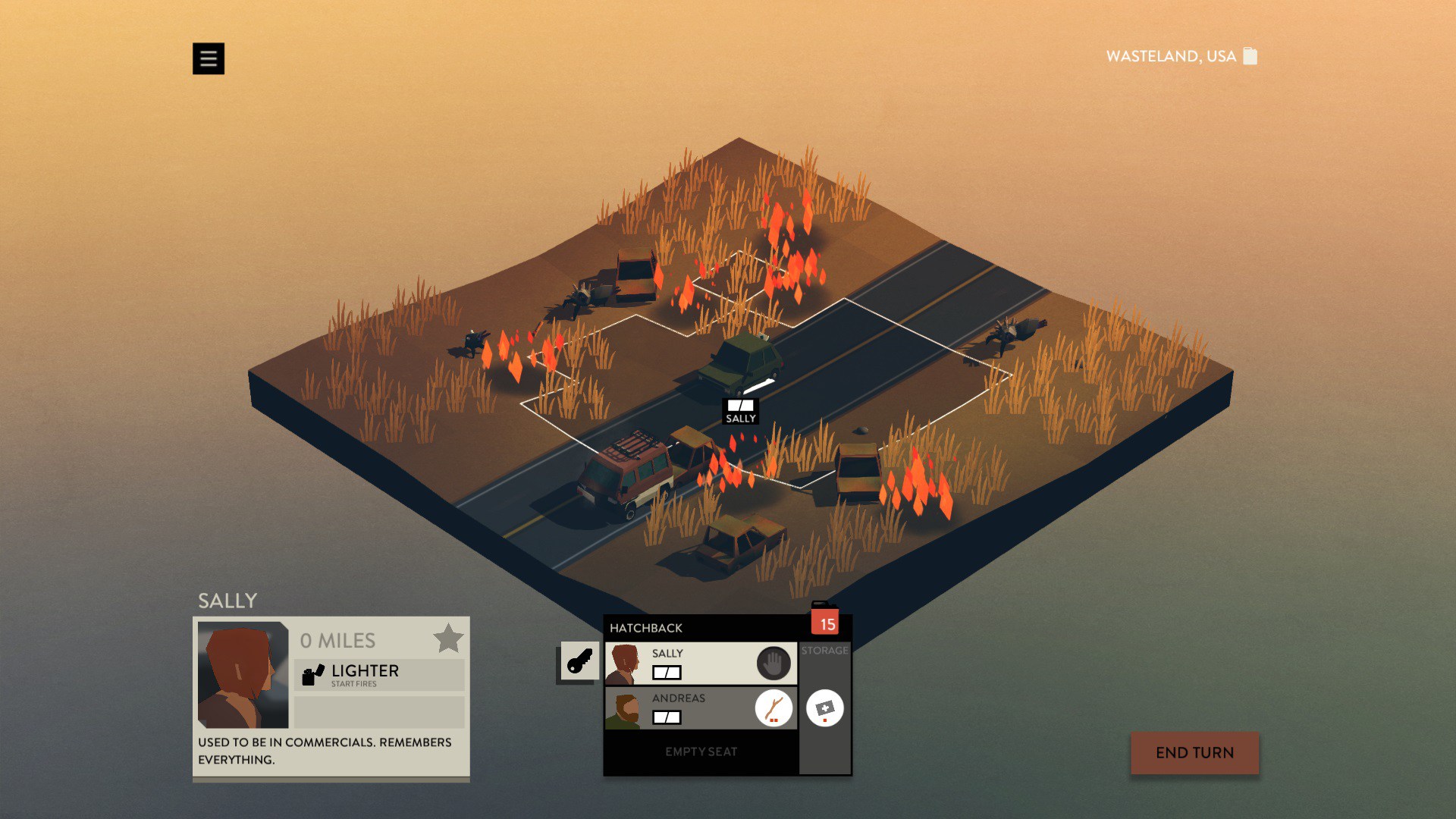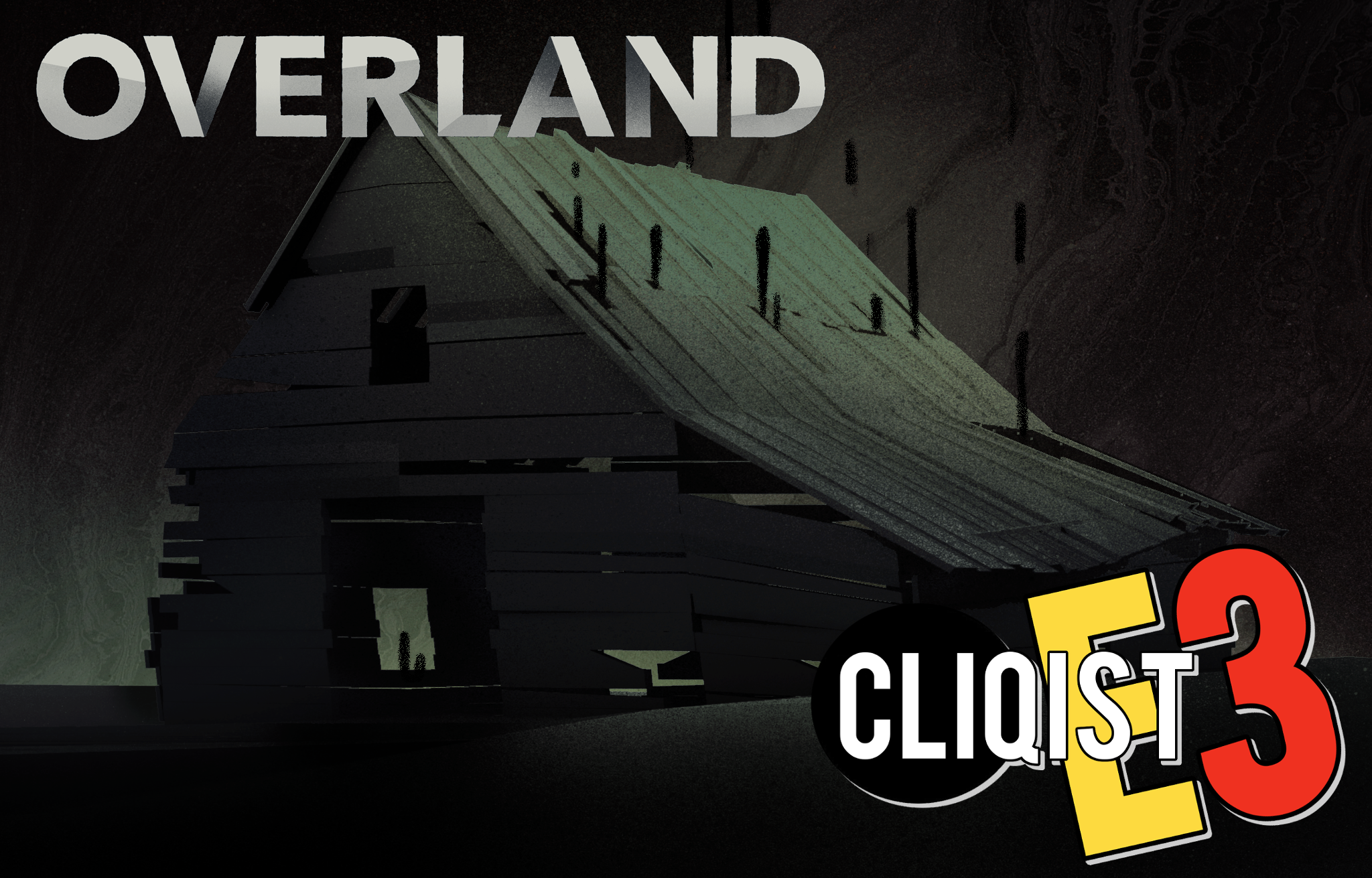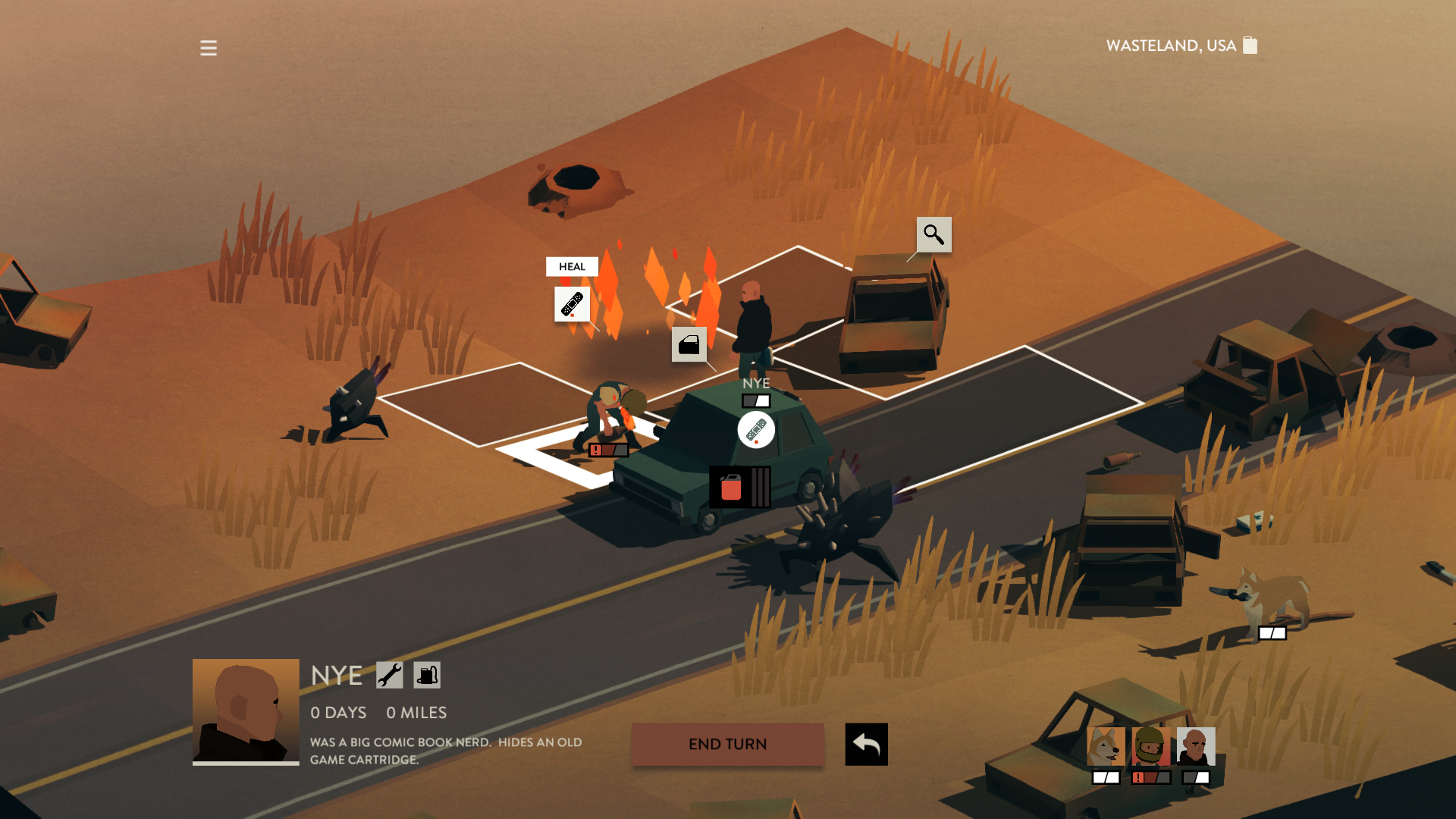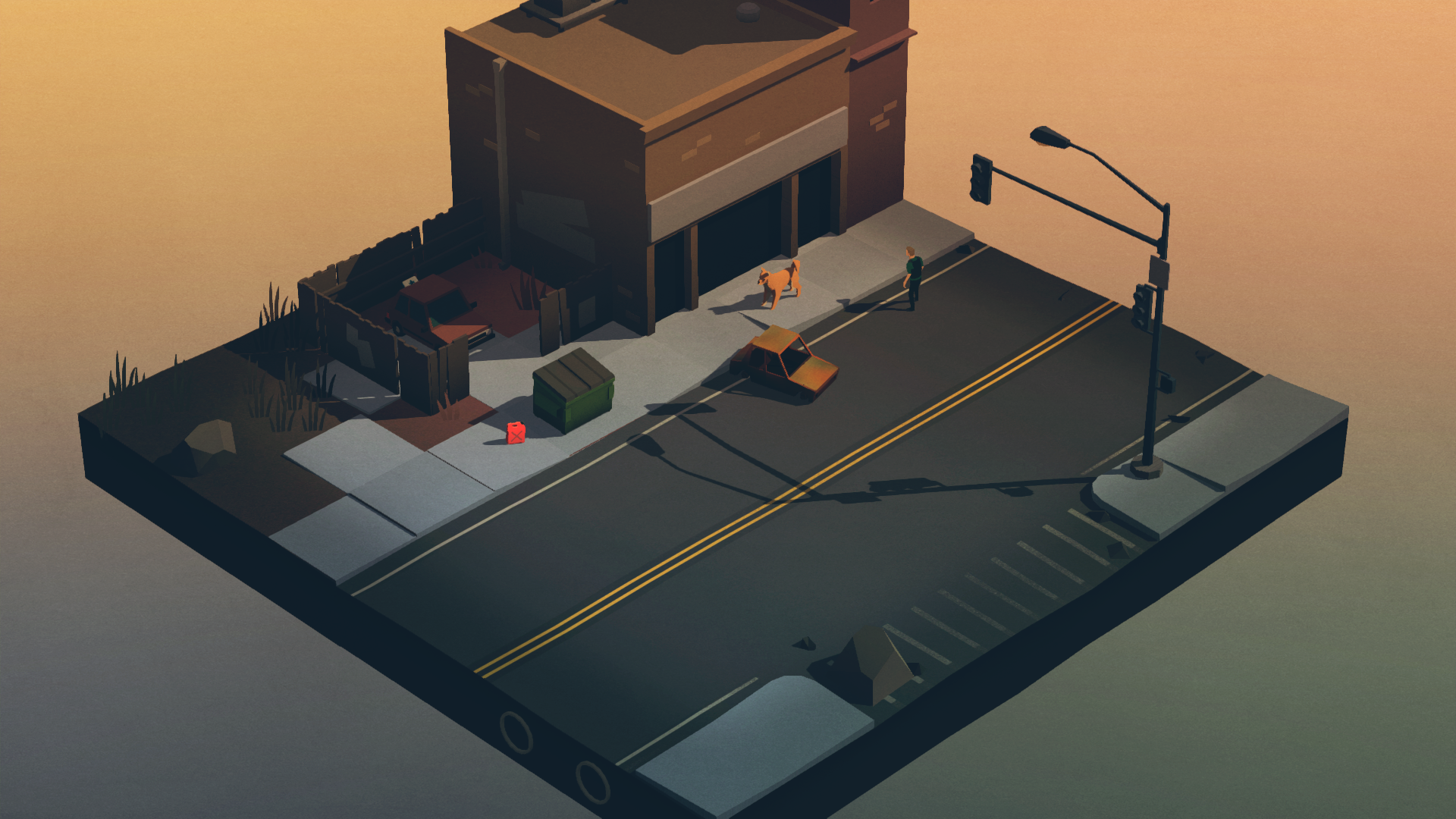The world is not the same as it once was. Governments have fallen, armies of undead and unthinking masses roam the wastes, and you’re left all alone to defend yourself and your family. The societal structure that you trusted to keep peace and order has crumbled without anyone even realizing it. It’s a cold, bleak, and even boring world as you struggle day in, and day out.
This is life wading through the endless post-apocalyptic, crafting survival games out there. They’re as numerous and undead as the zombies so many of them employ for cheap thrills. And just when you think they’re dead and gone, they come right back. Such is the case of Sony’s Days Gone, what looks and sounds to be Zombie Survival: The Video Game. No one in this genre is innovating anymore, no one is trying anything remotely new or interesting. It’s all the same old, tired, boring clichés and gameplay mechanics we’ve known for nearly a decade. I dare say that no game made in the genre is worth playing anymore, or my name isn’t—
Oh, what’s this? Overland? Well now, I guess my name isn’t just a hyphen after all.
 Innovation, Inspiration, and Iteration
Innovation, Inspiration, and Iteration
By itself, Overland isn’t actually all that original. It takes heavy inspiration from strategy games like XCOM: Enemy Unknown and Final Fantasy Tactics. There’s a big cube of a world floating in space, and you have to navigate your way past traps and enemies to get to the other side. There’s also the usual savaging of supplies and drinking water every 0.5 femtoseconds so your genitals don’t fall off, or whatever usually happens in these games.
Developer Finji is even going so far as to include rouge-like elements. Yes, get ready for lots of randomly generated worlds, weapons and scenarios and only one life to live. But like the Act I of Broken Age, while Overlands doesn’t include any unique ideas whatsoever, it’s the execution that holds everything together. Here’s hoping it won’t fall apart at the end like Broken Age Act II.
 The Atmosphere
The Atmosphere
A game can live or die solely based on its atmosphere. Overland’s art style grabs you right away. It goes for the Massive Chalice style of chunky, minimalist 3D models and environments. Beyond that, there’s the premise.
Overland is a road trip game. You must drive across America for mysterious reasons, gathering a gaggle of groupies to go get there with. Who makes the trip is up to you. Like the looks of that hitchhiker with a bloody axe? Wanna see the country with a dog? Or maybe you have somebody you’re attracted to and you want a nice romantic outing. This means your crew will likely be a motley bunch, full of people you don’t trust or care about, as long as it means meeting your goal. You’re probably going to have plenty of infighting, and facing all sorts of moral and ethical decisions for the sake of survival.
Then there’s the gameplay. Say goodbye to crafting, there isn’t any. Everything you need you’re going to have to find for yourself. No bashing together a rock and a chainsaw to make an airplane here! This adds an extra level of suspense to the game, as you desperately hope for that one item you need every time you open a box, knowing you can’t just stockpile a bunch of useless crap to build something later. There’s also an added layer of strategy, as you have to adapt with whatever you have, the same way you do with the likely terrible people you’ll come across as traveling companions.

And what kind of survival game will this be without moral choices? Other characters in this game are just tools, as terrible as that sounds. You might run into a camp full of deadly creatures, thieves, or Trump voters, and your only choice will be to send in a scapegoat to draw away their attention. At the very least, you can treat everyone as pack mules, so that’s nice.
Potential Hang-ups
While the gameplay itself may not be unique, it’s a welcome change from the standard fair. There are so many post-apocalypse games that are either first person shooters, or first person “walk around in an empty world and occasionally punch a tree” games that it’s hard to keep track what’s who.
Just like with XCOM, you have a grid to work with. You move around this grid using action points, and decide what actions to perform whenever it’s your turn. There’s not much unique on offer here, but it at least gets the job done. Simply doing something remotely different from the rest is cause for celebration at the very least.
Another potential issue is the story. Like with many of these games, there isn’t one. You driving in a car across America is all you’re gonna get. You have no name, no past, nothing anything. It’s always hard to care for a character when they have no character to speak of, literally since they’re a silent protagonist as well. The one thing these rouge-like games always miss is that having a protagonist you care about die is the most sole-crushing thing in a video game. That’s something ZombiU did well – you played an actual human character, and when you died, you swapped over to someone else in the story. When this new protagonist comes into contact with the old, they’re either dead or they’ve turned into a zombie, and you have to kill them for good.
[pic]Overland may not be super special, and it’s not all that unique of a game. But it does a lot of things well, and it at least tries to do something different in a sea of homogeneity. That may sound like damning with faint praise, but Finji absolutely has something worth keeping an eye on here. If you’re at E3 this year, you can check it out at MIX as well.





